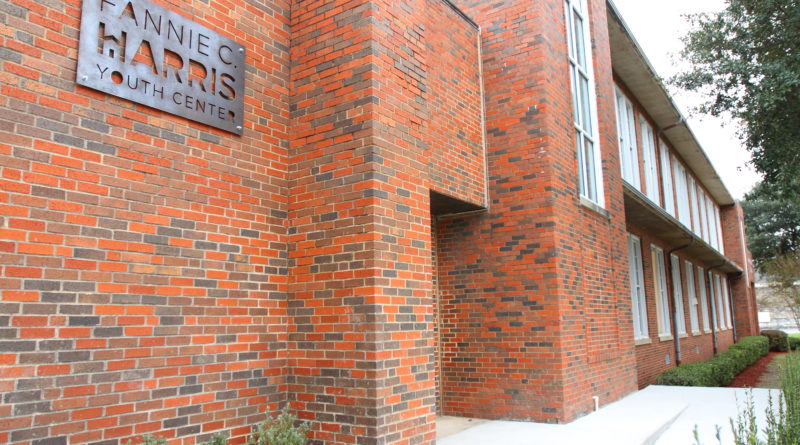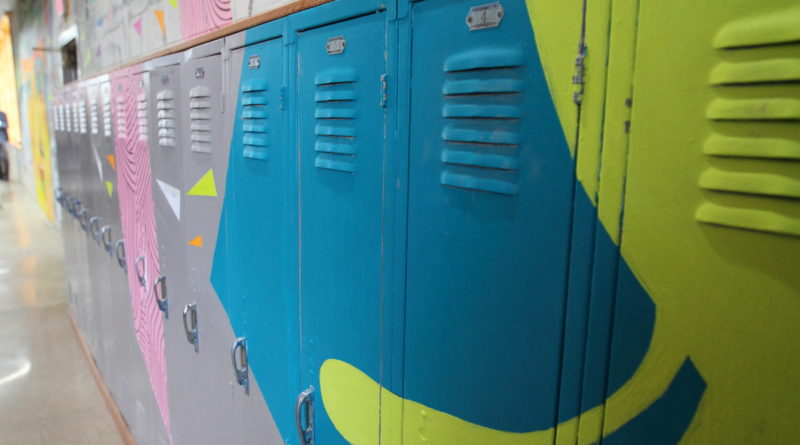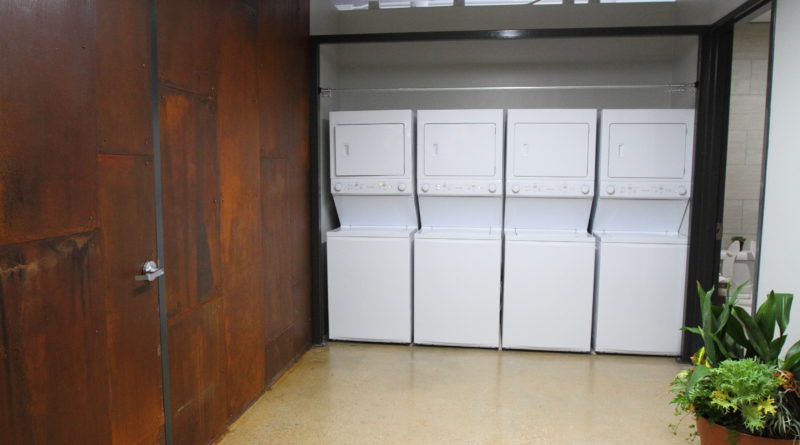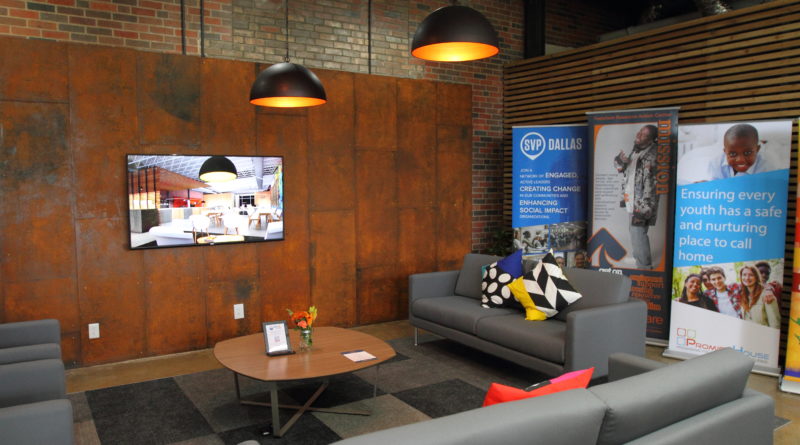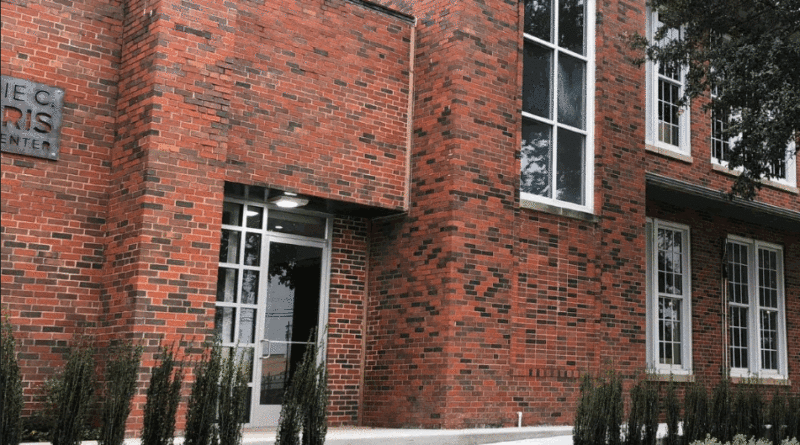Dallas ISD Assists Homeless Students, Families
The count of homeless students in Dallas ISD is a little more than 3,500 – but Ashley Marshall is certain the actual number is much higher.
“As of Feb. 10, the district has enrolled 3,545 homeless students,” said Marshall, who is tasked with managing the district’s homeless education program. “I do believe the district has many more homeless students than the ones that are currently identified.”
Marshall said that many families are reluctant to identify as homeless when they enroll for a variety of reasons.
“There is the misconception that if the district knows that a family/student is homeless that we are going to call Child Protective Services or the police to report them as such,” she said, adding that the department works hard to get the message out there that they don’t penalize families for being homeless.
“We want to assist our families and try to make their transition out of homelessness happen as quickly as possible,” she said. “I always mention in my trainings that most of us are one or two paychecks away from being homeless ourselves.”
And some families also do not consider themselves homeless if they have a roof over their heads, too – if they can afford a hotel room, or have relatives to take them in, they may not realize they actually do qualify for help.
“Students and families that are living in a motel/hotel are considered homeless if they are living there due to an economic hardship or emergency situation,” Marshall said. “This applies also to families/students that might be living with relatives.”
The McKinney-Vento Homeless Assistance Act, a federal law, provides money for homeless assistance programs and defines homeless as “individuals who lack a fixed, regular, and adequate nighttime residence.” Children living in motels, campgrounds, or sharing housing because of economic hardship or eviction are among those covered by the act.
“There is the misconception that if the district knows that a family/student is homeless that we are going to call Child Protective Services or the police to report them as such.” – Ashley Marshall
Marshall said her department helps refer families to shelters like Dallas Life, Family Gateway, and Union Gospel Mission.
“For our homeless youth that are under 18, Promise House offers services for those students as well as CitySquare’s TRAC that runs two drop-in centers,” she said. “The district also has drop-in centers available to our homeless youth and those at-risk of becoming homeless at our high school campuses. These drop-ins provide access to food, hygiene items, school supplies, and services as needed.”
More recently, the district partnered with After8toEducate, Promise House, CitySquare and Social Venture Partners Dallas to open the Fannie C. Harris Youth Center. Now a drop-in center that allows homeless students to shower, do laundry, eat, and access resources that will help them find permanent housing, the center will soon also offer a place to sleep, too.
“In the next few weeks, the shelter side will open with 35 beds, and it will be managed by Promise House,” Marshall said.
Our full conversation with Ashley Marshall follows. It has been edited for clarity and length.
PN: How many homeless students are in Dallas ISD, and do you think it’s actually more than that, and if so, why?
AM: “As of February 10, the district has enrolled 3,545 homeless students. I do believe the district has many more homeless students than the ones that are currently identified. Our department knows that many families are hesitant to identify themselves as homeless when they first enroll.
There is the misconception that if the district knows that a family/student is homeless that we are going to call Child Protective Services or the police to report them as such. We do a lot of outreach and training to get the message across that our department does not penalize families for being homeless.
We want to assist our families and try to make their transition out of homelessness happen as quickly as possible. I always mention in my trainings that most of us are one or two paychecks away from being homeless ourselves.”
PN: Are you still homeless if you can live in a hotel room, or live with relatives?
AM: “Students and families that are living in a motel/hotel are considered homeless if they are living there due to an economic hardship or emergency situation. This applies also to families/students that might be living with relatives. If the living situation is due to a loss of housing, economic hardship, unhealthy living situation then someone living with their family or friends is considered homeless.”
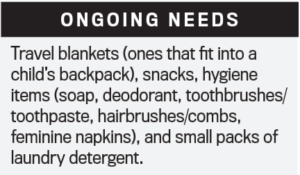 PN: What are the biggest ongoing needs – I know you have the Amazon wishlist, but let’s highlight some of the things you always need to have on hand.
PN: What are the biggest ongoing needs – I know you have the Amazon wishlist, but let’s highlight some of the things you always need to have on hand.
AM: “We always need travel blankets (ones that fit into a child’s backpack), snacks, hygiene items (soap, deodorant, toothbrushes/toothpaste, hairbrushes/combs, feminine napkins), and small packs of laundry detergent. Those are our most requested items.”
PN: What kind of services and facilities are available to homeless students in the district?
AM: “There are several shelters available to our families including Dallas Life, Family Gateway, Union Gospel Mission among others. For our homeless youth that are under 18, Promise House offers services for those students as well as CitySquare’s TRAC that runs two drop-in centers.
The district also has drop-in centers available to our homeless youth and those at-risk of becoming homeless at our high school campuses. These drop-ins provide access to food, hygiene items, school supplies, and services as needed.
The district has also partnered with After8toEducate, Social Venture Partners, Promise House and CitySquare to open the Fannie C. Harris Youth Center. There is a drop-in center open now to assist students with laundry, showers, food and access to resources to find more permanent housing. This is managed by CitySquare’s TRAC program. In the next few weeks, the shelter side will open with 35 beds and it will be managed by Promise House.”
PN: Do you encounter surprise sometimes from people when they find out that not only are there homeless students in Dallas ISD, but that the district has an entire program to assist them?
AM: “The simple answer is yes. Because our definition of homeless is much broader than the one used by HUD, many people assume that when we talk about homeless children that we are referring to children on the side of the road with a shopping cart since that is the image of homeless that most of us have in our heads.
Some of our schools are also surprised to hear about our program. If a school has never enrolled a student that is homeless, they have never had a reason to seek out our services so they are surprised when they hear about the Homeless Education Program and what we do.”
PN: What are some of the biggest challenges of your job?
AM: “The biggest challenge of my job is not being able to connect families directly with housing. Many school personnel and families call our office thinking we will be able to provide a solution for housing needs immediately.
Unfortunately, we can only offer referrals to housing resources. It has been a challenge since Dallas does not have enough shelter beds and there seems to be fewer affordable housing units available for our families in Dallas at the moment.”
PN: What do you consider to be some of the big wins for your department?
AM: “One big win has come from our doing outreach and starting some social media channels to share our stories. When we see people sharing our stories and wishlists, we have made them start thinking about the issue of homeless students in our district. That is a huge win to me as it is creating dialogue and encouraging people to reach out to us to get more information about our program and find out how they can help the program.
Personally, my biggest wins come in the form of helping families face to face and making a connection with them.”

